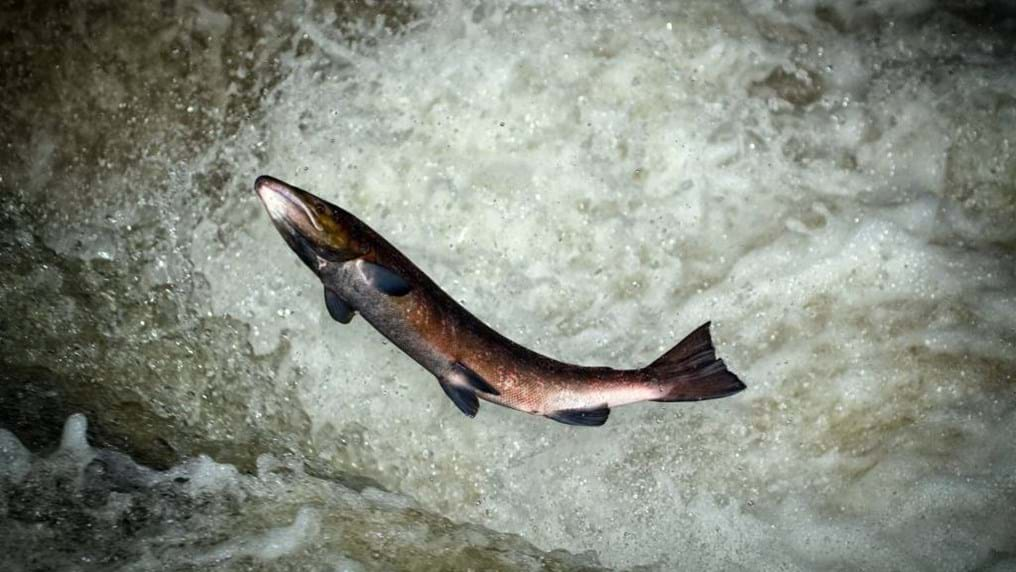Day 184: A great Scottish story

27th November 2014
Author: Geoff Maitland, IChemE President 2014–2015.
Scotland is home to some of the finest and most famous foods and drinks in the world. Few are bigger - and more important to the national economy - than Scottish Salmon and Whisky.
And now - with a sprinkle of chemical engineering expertise thrown in - these two iconic industries are forging closer ties with the help of a new company established by Heriot-Watt University, called Horizon Proteins.

Horizon Proteins will exploit a by-product of whisky to feed and grow another - salmon.
Horizon Proteins has developed a method of using pot ale, or the spent liquid residue left over from the whisky making process, to produce sustainable protein for fish food for salmon farming.
Biochemical engineer and senior lecturer at Heriot-Watt University, Dr Nik Willoughby is the founder of Horizon Proteins (HP).
The team at HP is working to identify and implement effective processes for production of new protein feeds. These feeds will provide a new sustainable, local source of quality protein to the Scottish feed sectors, reducing the need for imported feeds.
In Scotland, the fermentation process sector uses several thousand tons of grain per year.
This contains about 10 per cent protein which is concentrated in by-products from breweries (spent grain) and distilleries (draff, pot ale and spent wash).
Traditionally these by-products are used directly as animal feed. However, emerging protein markets such as fish and human foodstuffs require protein of far higher quality and of consistent composition.
Barley proteins are particularly well suited for Atlantic Salmon, but growing barley purely to feed salmon is considered expensive and fish cannot digest the whole grain.
The malted barley used to produce malt whisky and HP's process - which has unique advantages such as mild processing conditions and low energy requirements - means the leftover protein can be used to feed salmon more cost effectively.
As we all know, commercialisation of any research is a major challenge and can be the end of the road for many ideas. However, thanks to funding of £575,000 (US$900,000) from Scottish Enterprise, the ambition is to create a £5 million (US$ 7.8 million) turnover business within five years.
Nik said: “Our goal is to replace traditional proteins used in salmon feeding such as fish meal and soya bean meal with locally sourced, readily available, sustainable protein which we believe will also be competitively priced and altogether a very attractive option for Scottish salmon farmers.”
IChemE is proud that Heriot-Watt University's chemical engineering course is one that we accredited and we wish them well with this exciting project, with a strong sustainability message.
ChemEng365 blog
Geoff Maitland launched this blog during his IChemE presidency in 2014. ChemEng365 features 365 chemical engineering successes and achievements throughout his year-long presidency.